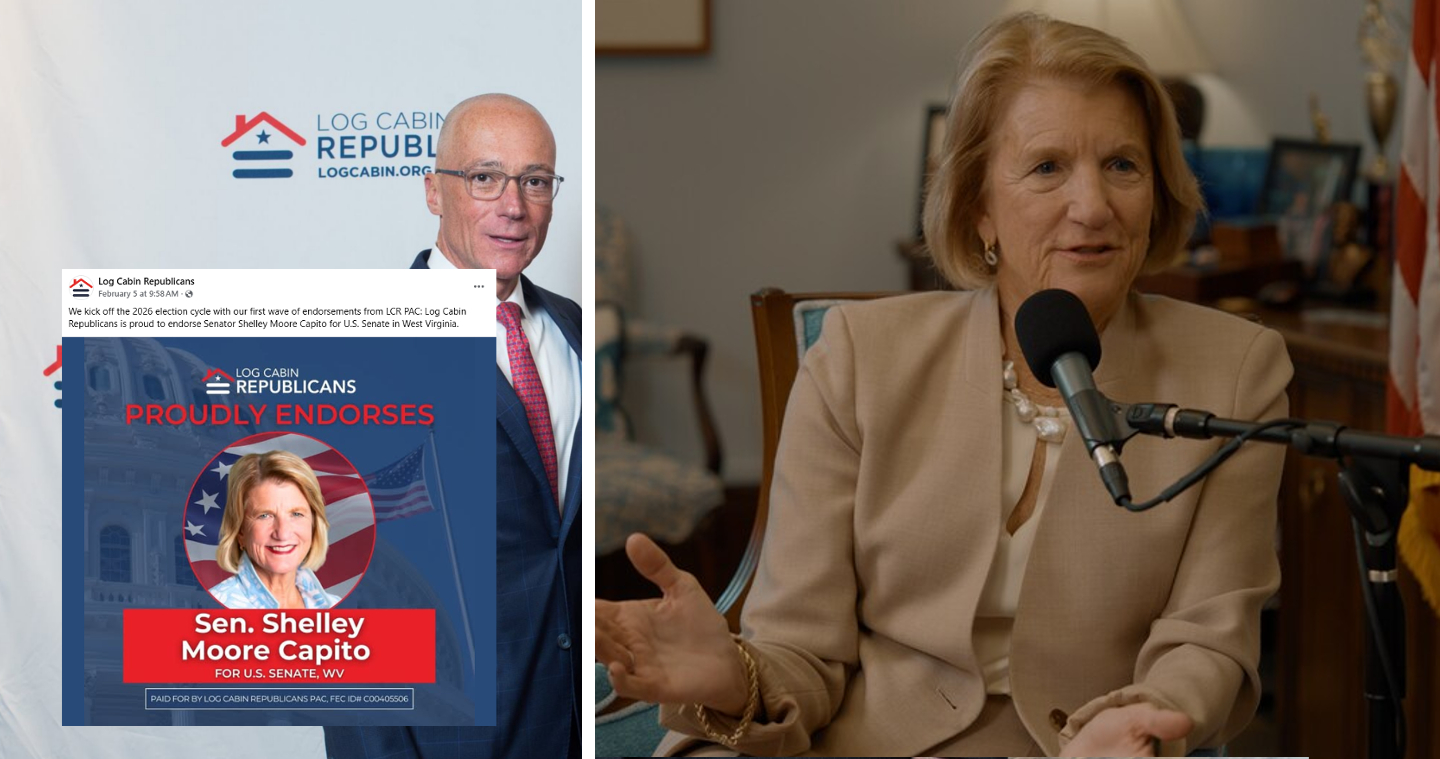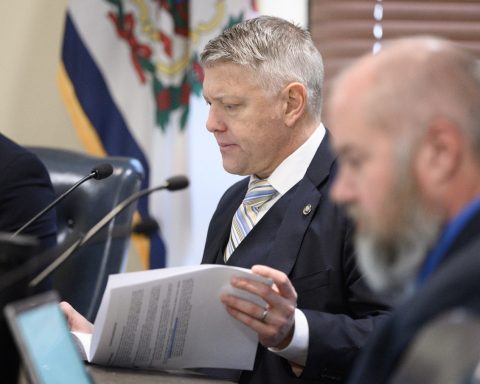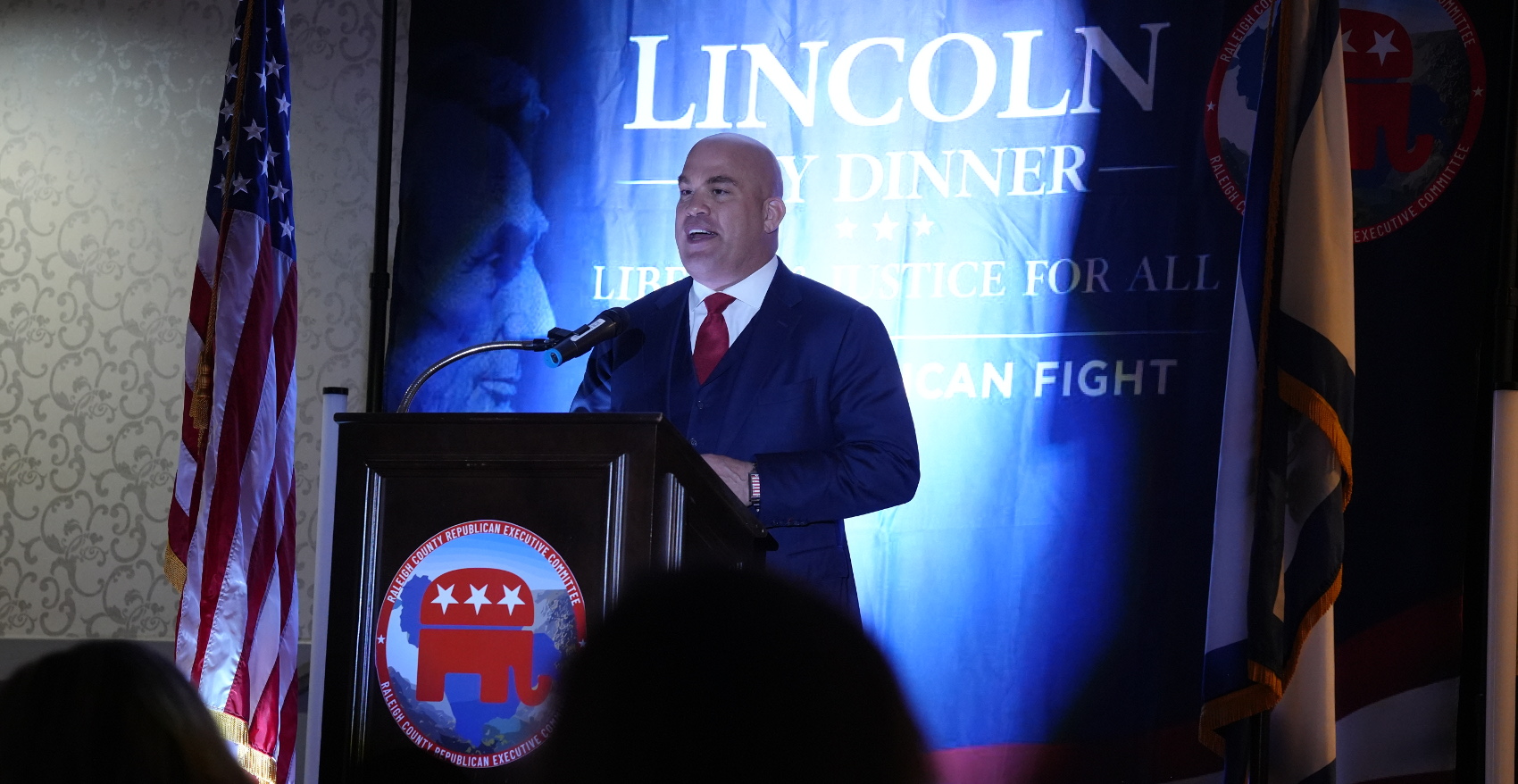In a deeply divided political landscape, few decisions can spark as much frustration as the one recently made by Senator Eric Tarr (R-Putnam) regarding Senate Bill 663. By siding with corporate interests, particularly large banks, over the rights of individual West Virginians, Senator Tarr has chosen to protect powerful multi-billion-dollar financial institutions instead of defending the basic freedoms and liberties of his constituents.
Senate Bill 663, introduced by Senator Mike Azinger (R-Wood), was designed to curb the growing practice of “debanking” — where major financial institutions close accounts or refuse services based solely on a person’s lawful political beliefs, legal activities, or affiliations. While this legislation specifically targets banks with assets exceeding $100 billion, it has become a basic blueprint for protecting the financial rights of everyday citizens from undue discrimination by faceless corporate giants.
The bill was a response to increasing reports of conservative individuals, organizations, and businesses being targeted by large banks due to their political beliefs or legal activities, such as the sale and purchase of firearms. This is not merely an inconvenience; it’s an infringement on personal liberties that strikes at the heart of free expression and the rights of Americans to engage in lawful activities without fear of losing access to essential financial services.
Yet, instead of standing with his constituents and Republican colleagues to prevent such discrimination, Senator Tarr chose to align himself with the interests of big banks, which have the potential to build monopolistic power over all regions in West Virginia. He voiced concerns that the legislation would discourage these financial giants from setting up shop in the state, arguing that it would create a “competitive disadvantage” for the banking sector. He warned that banks would be dissuaded from coming to West Virginia, and that increased litigation risk could harm the state’s economy. In short, he placed the potential profits of large financial institutions above the rights of individual West Virginians. Growing the economy with predatory corporations is not the way to facilitate sustainable economic gain.
This stance is deeply troubling. By opposing Senate Bill 663, Tarr is endorsing a system where the financial freedom of citizens is subject to the whims of a few large institutions. When banks wield the power to decide who can access basic services based on political beliefs or affiliations, they are not just exercising their economic power — they are trampling on the core values of liberty and fairness.
Tarr’s support for these powerful corporations comes at the expense of the people he was elected to represent. The bill had a simple and straightforward goal: to prevent large financial institutions from using their power to silence individuals for exercising their constitutional rights. By siding with the banking sector, Tarr is allowing these institutions to continue their unchecked power over the financial lives of the public.
It’s important to recognize the real-world implications of Senator Tarr’s actions. He is effectively endorsing a system where large financial institutions can selectively target individuals for their beliefs. This could have a chilling effect on free speech and the right to participate in the democratic process. After all, if a person’s bank account can be closed or their financial services withdrawn simply because they don’t align with the prevailing political opinions of those in power, then the very foundation of a free society is threatened.
Moreover, Tarr’s argument about the economic impact of the bill overlooks an important point: West Virginia is home to a robust community of smaller, locally owned banks. These institutions, which have historically been the backbone of the state’s economy, would not have been impacted by the legislation. The bill specifically targets the biggest financial institutions — the same ones that already have a track record of abusing their power to control markets and influence political outcomes. By opposing the bill, Tarr is choosing to protect these megabanks, which often prioritize profits and political agendas over the welfare of local communities.
Senator Tarr’s position also reflects a broader trend among some left-leaning Republicans to prioritize corporate interests over the very rights and freedoms they claim to champion. By siding with the banks, Tarr is putting financial power ahead of individual liberty — a move that sends a dangerous message about the priorities of some in the state legislature. Rather than standing firm for the rights of individual citizens to live freely, Tarr’s decision suggests that corporate power is more important than the basic freedoms of West Virginians.
The decision to oppose Senate Bill 663 is not merely a policy difference. It is a betrayal of the principles of liberty and justice that should guide any representative. Senator Tarr has turned his back on the people of West Virginia in favor of large financial institutions that have shown little regard for the interests of ordinary citizens.
West Virginians deserve better. They deserve leaders who will protect their rights, stand up to powerful interests, and defend the values that make this country great. Senator Tarr has failed in that regard — and it is a failure that will not be easily forgotten.













